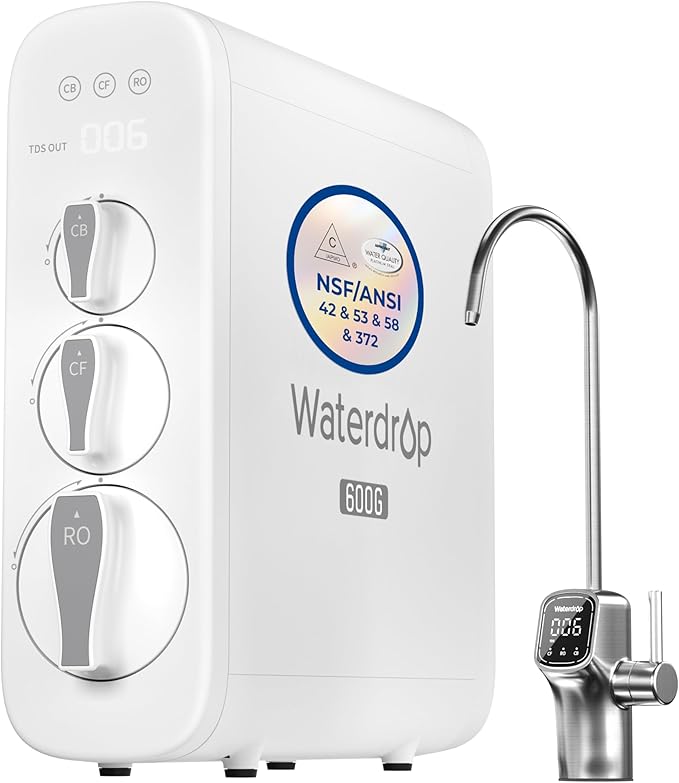Level Up Your Business: Essential Ad Marketing Strategies
In today's digital landscape, a robust ad marketing strategy is no longer a luxury—it's a necessity. Whether you're a small startup or a large corporation, reaching your target audience effectively requires a well-defined approach to advertising. This blog post will delve into some essential ad marketing strategies to help you maximize your ROI and achieve your business objectives.
Understanding Your Target Audience: The Foundation of Success
Before diving into ad platforms and campaign creation, you must understand your target audience. Who are you trying to reach? What are their demographics, interests, pain points, and online behaviors? Thorough market research is crucial. Create detailed buyer personas to represent your ideal customers. The more you know about your audience, the more effectively you can tailor your ads and messaging.
Choosing the Right Ad Platforms: Where to Spend Your Budget
Once you know your audience, it's time to select the platforms where they spend their time. Here are some popular options:
Google Ads: Ideal for reaching users actively searching for products or services like yours. Offers various campaign types, including Search, Display, Shopping, and Video.
Social Media Ads (Facebook, Instagram, Twitter, LinkedIn, TikTok, etc.): Excellent for reaching specific demographics and interests. Offers highly targeted advertising options.
Programmatic Advertising: Automated ad buying across multiple websites and networks. Provides precise targeting and efficient budget allocation.
Native Advertising: Ads that blend seamlessly with the surrounding content. Can be very effective for building brand awareness and driving engagement.
Influencer Marketing: Partnering with influencers who have a strong following within your target audience. Leverages trust and social proof.
Crafting Compelling Ad Copy and Visuals: Grabbing Attention
Your ad copy and visuals are the first impression you make on potential customers. They need to be compelling, attention-grabbing, and relevant to your target audience. Here are some tips:
Keep it concise and clear: Get your message across quickly and efficiently.
Highlight the benefits: Focus on what your product or service can do for the customer.
Use strong calls to action: Tell people exactly what you want them to do (e.g., "Shop Now," "Learn More," "Sign Up").
A/B test different variations: Experiment with different headlines, copy, and visuals to see what performs best.
Setting Clear Objectives and KPIs: Measuring Your Success
What do you want to achieve with your ad campaigns? Increased brand awareness? More website traffic? Higher sales? Define clear objectives and identify the key performance indicators (KPIs) you'll use to measure your success. Examples of KPIs include:
Click-through rate (CTR)
Conversion rate
Cost per acquisition (CPA)
Return on ad spend (ROAS)
Tracking and Optimization: Refining Your Campaigns
Ad marketing is an ongoing process. You need to continuously track your campaigns' performance and make adjustments to optimize your results. Use analytics tools to monitor your KPIs and identify areas for improvement. This might involve:
Adjusting your targeting
Refining your ad copy and visuals
Changing your bidding strategy
Experimenting with different platforms
Retargeting: Reconnecting with Interested Customers
Retargeting is a powerful strategy that allows you to show ads to people who have previously interacted with your website or brand. This helps to keep your brand top-of-mind and can significantly improve your conversion rates.


